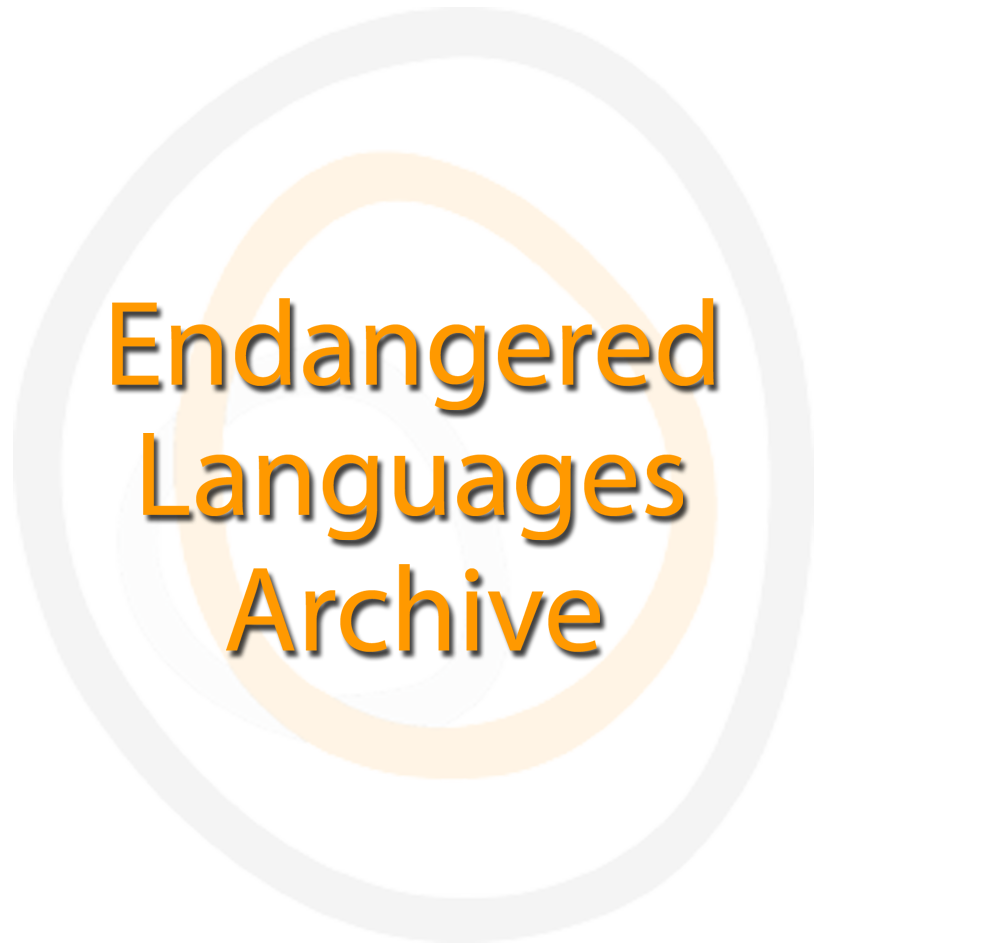Pingjiang traditional love songs

Landing page image for the collection “Pingjiang traditional love songs”. Click on image to access collection.
| Language | Pingjiang |
| Depositor | Shenkai Zhang |
| Affiliation | ILCAA |
| Location | China |
| Collection ID | 0079 |
| Grant ID | |
| Funding Body | |
| Collection Status | Collection online |
| Landing Page Handle | http://hdl.handle.net/2196/e378a14b-40ad-40de-b4c2-aac52e3921e4 |
Group represented
Pingjiang (Han Chinese)
Language information
English: Pingjiang dialect is spoken in Pingjiang County, in the northeast of Hunan province and borders with Hubei and Jiangxi provinces. See also “Other information”.
中文: 平江方言是湖南省平江县内的方言。平江位于湖南东北部、是湖南、湖北、江西的三省交界之处。
Collection contents
English: The Pingjiang Traditional Love Songs Archiving Project includes audio recordings and an annotated Toolbox text. The Toolbox (text) file contains transcriptions for all of the audio files. The metadata for each audio file includes a reference to a specific id in the Toolbox file.
中文: 平江传统灯戏调保存项目包括录音文件和一个Toolbox 文本文件。Toolbox文本文件包含所有录音文件的歌词。每个录音文件的metadata有一个对应号码,跟Toolbox 文本文件的号码相对应
English: The image shows the people of the Bairuo community waiting to watch a local drama performance. Before the performance, some of the people are singing love songs and playing their traditional musical instrument.
中文: 照片显示的是白箬村居民在等着地方戏曲-灯戏开场。听众中的一部分人在演唱传统的地方戏曲调子-花灯调,还有的人用传统乐器二胡配乐。
Other information
English: Pingjiang dialect is a dialect of Chinese spoken in Pingjiang County, which lies in the northeast of Hunan province and borders with Hubei and Jiangxi provinces. The basic word order of Pingjiang dialect is SVO. Pingjiang dialect is an isolating language, and it is difficult for Mandarin speakers to understand. To some extent, it is not like the other dialects of Xiang and Gan.
中文: 平江方言是湖南省平江县内所说方言,平江位于湖南省东北部,是湖南、湖北、江西的三省交界之处。平江方言基本语序为SVO.平江方言是一种孤立语言。北京人听不懂平江方言。在某些方面,它也不同于其他湘、赣方言。
English: It is different from Mandarin Chinese in several aspects. First, Mandarin Chinese has only four tones, while Pingjiang dialect has seven. Second, compared with Mandarin Chinese, Pingjiang dialect has more monosyllables. Third, as the major part of Pingjiang population makes a living in the agriculture sector, words and phrases about farming constitute a large portion in the basic vocabulary of the dialect. Fourth, there are also many grammar discrepancies between these two languages. For example, according to realise and re-realise, Pingjiang dialect uses different prepositions to express passive tense and starting point. What’s more, Pingjiang dialect has two sets of the third personal pronouns, two sets of personal pronoun affixes expressing respect, and three sets of demonstrative pronouns.
中文: 平江方言与北京官话有区别的有以下几个方面。一、北京官话只有四个声调,平江方言有七个。二、平江方言的单音节词比北京官话更多。三、平江的人口主要为农业人口,因此平江的基本词汇中,农业词汇占大部分。四、两种语言中的语法也有很多差异。如,平江根据使然与非使然之别是用不同的处所与被动介词;另外,在代词方面,平江方言有两套第三人称代词和三套指示代词。
English: Audio was originally recorded as WMA (Windows Media Audio). This was then converted to WAV. The Toolbox text requires the Chinese SimSun font and a Unicode IPA font.
中文: 录音文件形式原为WMA (Windows Media Audio)形式,后转换为WAV形式。看Toolbox 文本文件需要汉语SimSun字体以及Unicode的IPA
Acknowledgement and citation
To refer to any data from the collection, please cite as follows:
Zhang, Shenkai. 2010. Pingjiang traditional love songs. Endangered Languages Archive. Handle: http://hdl.handle.net/2196/00-0000-0000-0001-9C12-9. Accessed on [insert date here].


